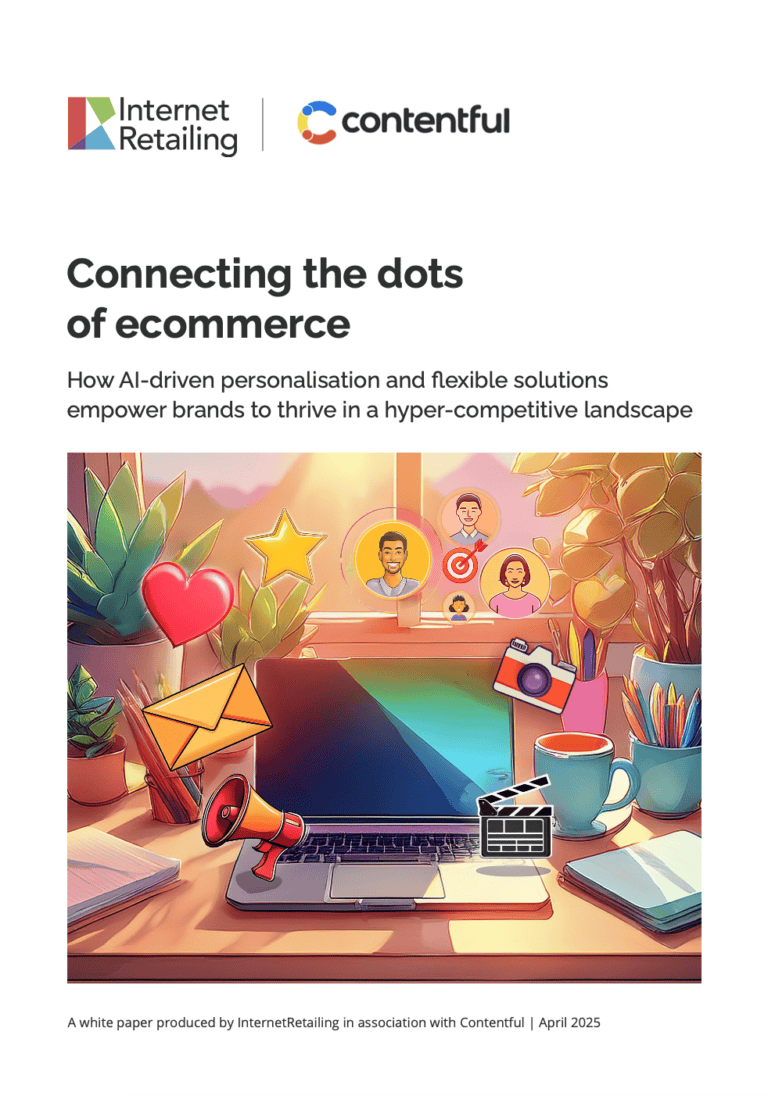British Land was the second retail property developer and operator this week to point to the growing polarisation of the retail market, although, it added, “we are confident that the quality and range of our space meets retailers’ evolving needs in the omnichannel retail world.” Physical stores, it said, had a “key role as part of a successful omnichannel retail strategy, but that the market is polarising towards the best locations”.
That echoes the message from Land Securities earlier this week.
As it unveiled full-year results, British Land said today that the retail market was proving challenging at a time when “many occupiers [are] facing short-term headwinds.” Added to this several “highly leveraged operators with challenged models” applied for company voluntary arrangements, while more broadly, retailers are “evolving their models to focus on the optimal size, shape and nature of their physical store network”.
British Land says it is well-placed to meet this trend: it has repositioned its portfolio “to focus on well-located, high-quality space that reflects people’s changing lifestyles and drives enduring demand for our assets”. Its centres, which include Ealing Broadway and Sheffield Meadowhall, were 97.4% full over its latest full-year.
The company described three phases to the modern consumer journey: ‘discovery’, ‘transaction’ and ‘fulfillment,’ and said its regional centres typically supported the discovery phase, attracting visitors from a wide catchment to encourage people to stay longer and spend more through leisure and entertainment. When customers eat in its cafés and restaurants they typically spend 27% more on retail. The transaction itself, it said, might take place in stores or online, with retailers preferring to keep costs down by either making or fulfilling the sale in store. British Land said that 27% of shoppers in its centres now use click and collect. That’s up from 19% three years ago, and shows a strong role for local community-based centres.
British Land reported underlying profits of £380m in the year to March 31. That’s 2.6% down on last time, with bottom line pre-tax profits of £501m sharply up from the £195m reported the previous year. The valuation of its portfolio fell slightly to £13.7bn from £13.9bn last time.
Image: courtesy of British Land.









